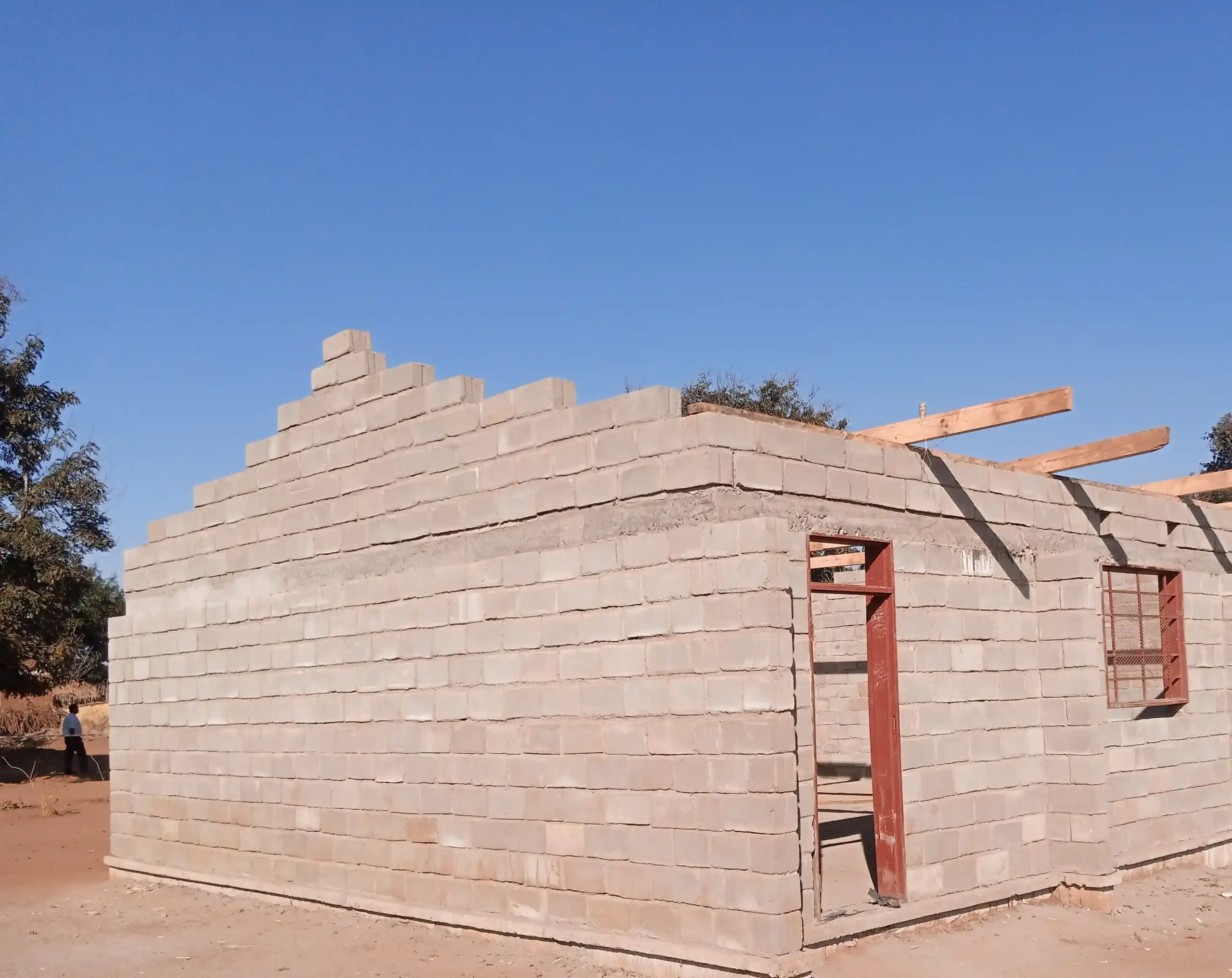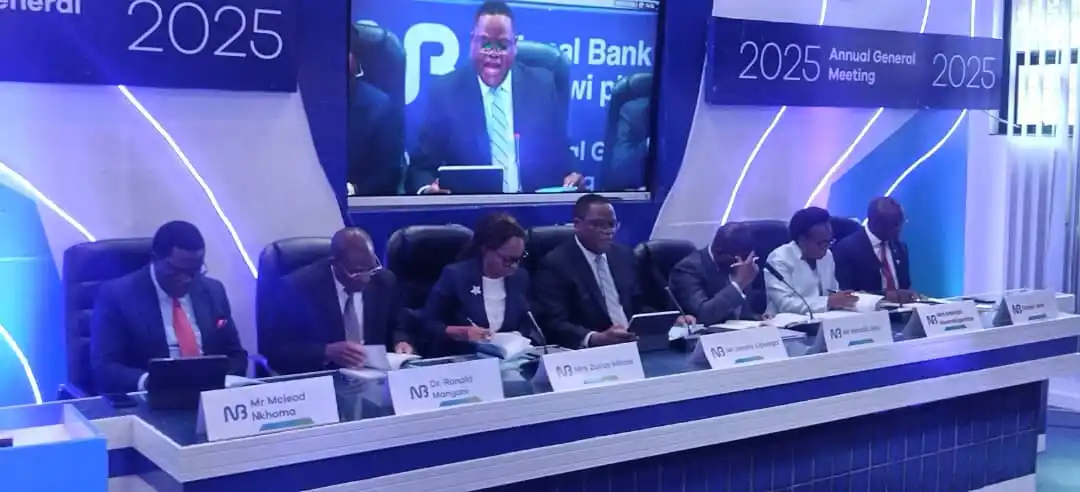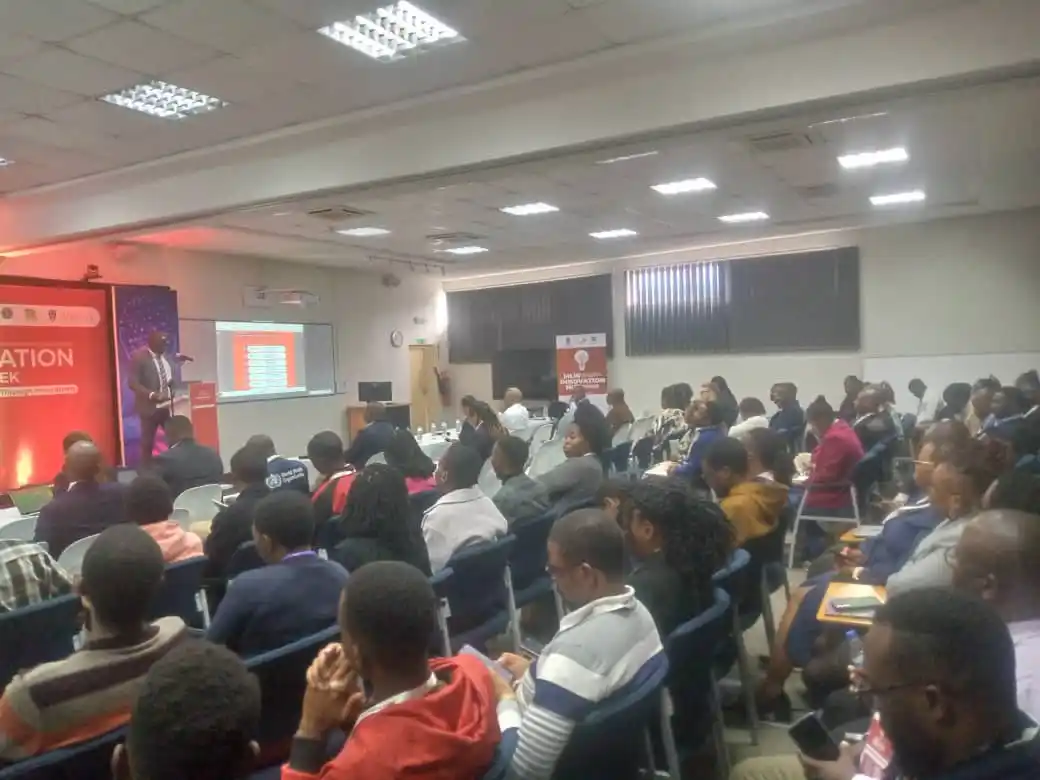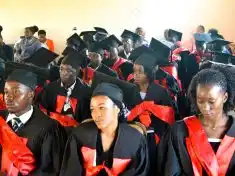
Malawi’s primary education system has achieved significant progress in expanding access to schools with Gross Enrollment Rates exceeding 100 percent for over a decade, yet faces ongoing challenges in delivering high-quality education amid a growing student population according to the World Bank.
In a region where education is a symbol of hope, the children of Manondo village under Sub Traditional Authority Manondo in Dowa district face daily challenges that weaken this hope. The lack of enough classrooms and changing rooms clearly shows a bigger problem: the promise of learning is hurt by poor infrastructure. This shortage forces students to sit in crowded and often outdoor classes, disrupting their focus and exposing them to bad weather.

According to Wishes Kambanizithe, the Deputy Head teacher of Manondo Primary School, which has over two thousand registered learners, the school is forced to offer education under the trees or sometimes in churches.
“We are having classes outside, and learners don’t want to come to school because they are afraid of the sun, cold weather, or rain. In these conditions, we can’t have good lessons,” says Kambanizithe.
Additionally, Lackson Wayilesi, Chairperson of the School Committee, says the community is worried about the situation and is committed to mobilizing resources to address the challenge affecting education in the area.
In Malawi, where education is crucial for empowerment and development, these problems spread through communities, hindering growth and keeping people in poverty.
In response to these challenges, the Government of Malawi, with funding from the World Bank, is implementing the Malawi Education Reform project to enhance learning environments in lower primary schools, supporting educational recovery following the COVID-19 pandemic, with a total budget of 150 billion kwacha.

According to Rachel Chimbwete Phiri, Principal Secretary Responsible for Basic Education, enhancing infrastructure in the education sector is crucial for boosting students’ performance in schools.
Phiri made these comments after visiting Manondo School, which is benefiting from the construction of three classroom blocks to accommodate 180 students as part of the project.
“This is a community-led project, and what we have seen here is a very good example of community engagement. Once the construction is done, learners will be able to learn in a safe environment, thereby improving the performances in classes.” Said Phiri.
In his remarks, Sub-Traditional Authority Manondo commended the Ministry of Education for allocating three blocks to Manondo Primary School and advocated for timely funding of the project to address the infrastructure challenges facing the learners at the school.

The Project Development Objective is to improve learning conditions for students in government lower primary schools.
In a separate interview Dr. Mangani Chilala Katundu, Secretary for Education, highlighted the government’s efforts in constructing 10,900 classrooms and over 1,000 sanitary facilities across the country.
“Basic education is indeed very vital because it provides the foundation for a lifetime of learning for a child, as indicated in Malawi 2063. One of the enablers is human capital for us to develop,” said Dr. Katundu.
Both Wishes Kambanizithe, Deputy Head Teacher of Manondo Primary School, and Lackson Wayilesi, Chairperson of the School Committee, believe that once the project is completed, learner attendance and school performance will significantly improve.
The Malawi Education Reform Program project is constructing 10,900 classroom blocks and 1,000 sanitation facilities across all 34 education districts, targeting a total of 3,553 schools.








0 Comments